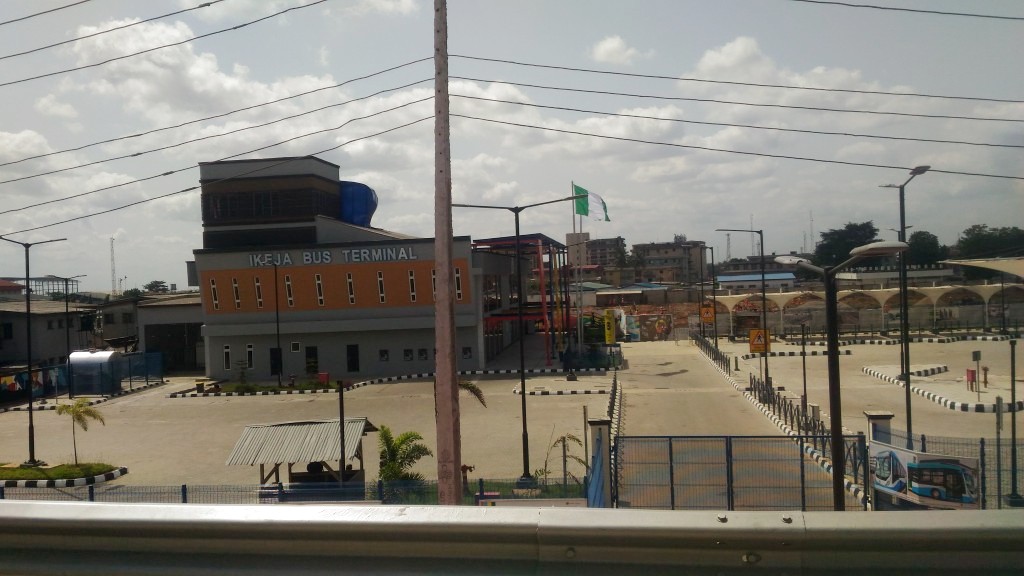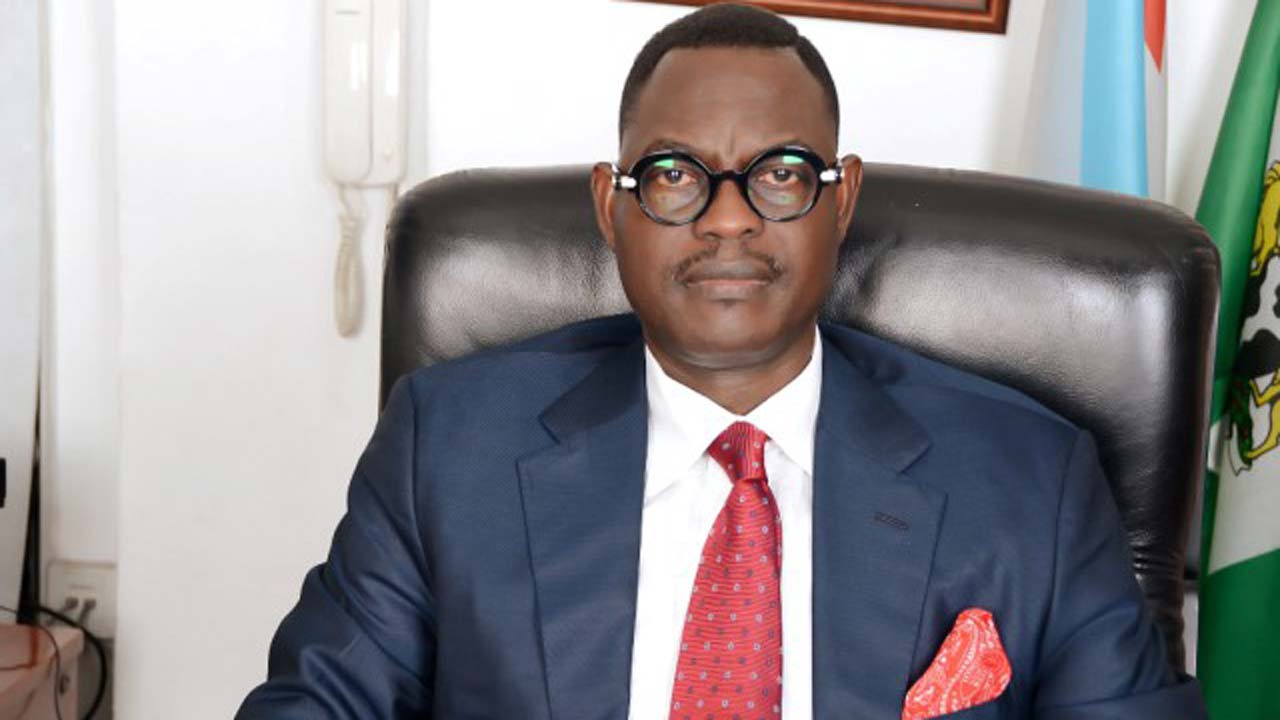Leading aviation pressure group, Operators of Nigeria (AON) has said they are ready to foot the bills of an independent auditor who will audit Nigerian Civil Aviation Authority (NCAA) as an organization and the N15bn NCAA so claimed that is owed by the association.
The twist came up as the group described as ‘phantom’; the so called N15bn debt owed the NCAA.
In the submission of AON, it is not asking for the cancellation or suspension of the 5% of the passengers but for suspension of the automation till it certain clarifications are made on what the 5% should be used for.
According to the group, they don’t pay monthly fixed rate. “The rate is a percentage of the fare paid”.
“Secondly, how can an airline like Arik Air with 27 airplanes have a fixed monthly remittance rate of N61,477,779.69 and Air Peace with an average of 5 airplanes to pay N109,862,633.84 monthly? At what rate were these figures calculated to get a fixed amount?
In a statement, AON argued that “even from the phantom breakdown mentioned 80% of the bills are from airlines that are either out of operation or in receivership with the government today.”
“Moreover, a couple of the airlines that make up the phantom numbers are not Nigerian registered airlines such as Cronos and Africa World Airlines (AWA). It is obvious that the phantom numbers cannot add up. We the airlines are working and struggling to stay afloat in a harsh terrain and made to bear the sin of others. NCAA should come out with a true picture of things.”
“AON therefore challenges the NCAA to come open with the breakdown of how it arrived at the phantom bill of N15bn and publish the details of the airlines and what they owe. Perhaps doing so will erase the negative impression being fed the public as it will reveal that the money they claim airlines owe are owed by airlines that have now either been taken over by government (AMCON) or is a historic debt owed majorly by airlines that have gone out of business over the years due to the harsh environment, unfriendly polices and the continued burden of multiple charges or falsified account that can’t stand the test of an external audit or a law court trial.”
“Airlines that currently exist do not owe a fraction of what is being claimed by NCAA if put to test by a world-renowned and international audit firm. Moreover, businesses all over the world, including Nigeria as a country, do owe. Owing is not unprecedented anywhere in the world. What matters is that whatever is owed is being serviced. Most of the current and active 29 AOC operating airlines are servicing their debts as agreed between themselves and the relevant agencies after the usual reconciliations.”
“AON hereby further offers to pay for an independent Auditing firm at its own expense; such as KPMG, PricewaterhouseCoopers, or Deloitte and Touché, to audit NCAA as an organization, and the N15bn NCAA claims airlines owe. We therefore encourage the NCAA to take advantage of this offer and open its books for this Audit to take place so the general public which we believe has been misinformed will get the true picture of the real situation. The exaggeration by NCAA is tarnishing to the good image of the airlines and as such, AON is unhappy with this unfortunate, damaging and misleading pronouncement by the NCAA.”
“With regard to the issue of automation, AON would like to once again state with all intents and purposes that we demand clarity of the process; who is behind the private third-party being engaged by NCAA to do the automation, and why does NCAA need a private third-party company to collect its money? These cloudy issues need to be cleared first by the NCAA before talking about automation.”
“May we state again that AON is not asking for the cancellation or suspension of the 5% of the passengers but asking for suspension of the automation till we have clarity of the cloudiness on what the 5% should be applied to. The NCAA should come clear and also inform the public that existing Airlines are currently paying the 5% TSC and not dodging or seeking for ways to avoid paying as wrongly speculated by certain uninformed individuals and hired public organizations.”
“In a press statement issued recently, the NCAA relied on Part 18.12.4 of the Nigeria Civil Aviation Regulations (Nig.CARs 2015) to state that “the 5% air ticket sales charge shall be based on the total cost of travel paid by passengers to the airline. This shall be the cost of ticket inclusive of fuel surcharge or any other charge added to the total cost of travel by the airline exclusive of government value added tax or any other tax that may be imposed by government from time to time.”
AON submitted further that this is however contrary to the provisions of Part V.12.1. of the Civil Aviation ACT 2006 (which actually supersedes the Nig.CARs of 2015) that states that “There shall continue to be a 5% air ticket contract, charter and cargo sales charge to be collected by the airlines and paid over to the Authority.” There was no mention anywhere about what constitutes the 5% or that it includes fuel surcharge or any other charge whatsoever. It is important to point out that over the years; regulations are deliberately or ignorantly made ambiguous for other reasons than progress. The standard fair base (NUC) is what IATA and all other aviation agencies use across the world. Why should it be different in our ACT?
“During the introduction of 5% TSC (which was based on the NUC) in 2001, many of the charges domestic carriers pay today were not in existence. The 5% TSC (NUC) was introduced and agreed to make the Authority not dependent on funds from government and autonomous, many other charges not exiting before have been introduced now and domestic airlines have been paying the 5% TSC as well as the other charges.









